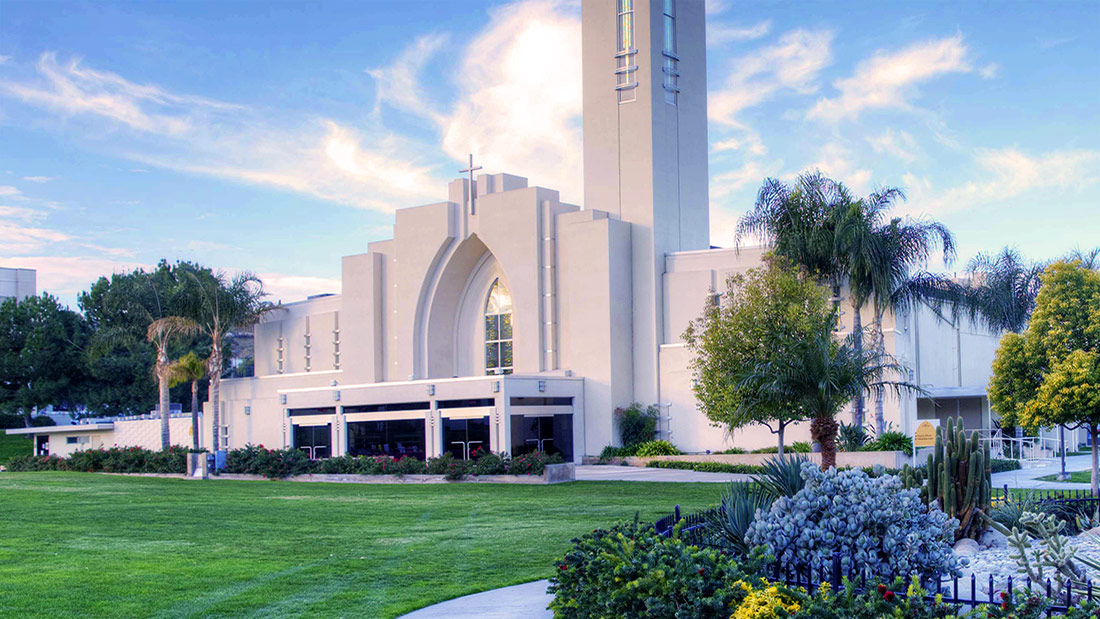
As a Christ-centered institution whose auspices is the Seventh-day Adventist Church, Loma Linda University welcomes students, faculty and staff from a broad spectrum of religious persuasions, as is represented by as many as 60 different faith communities at any given time. Education at the University emphasizes mission-focused learning through the integration of health, science and faith. As part of this focus, the University upholds the importance of developing and maintaining a personal relationship with God and encourages students to make use of the numerous faith-based resources near the University that can support their various spiritual and religious needs.
On-campus students have the opportunity to engage with the following:
- Prayer services are offered each Wednesday in the University Church, centrally located on the main campus.
- University-sponsored special events featuring field experts in religion and spirituality, and concerts.
- The School of Behavioral Health hosts a Spiritual Integration Hour centered on the integration of faith/religion/spirituality and the social sciences.
- Students are also invited to check with their department, as student groups within the School organize spiritual engagement opportunities such as the Wholeness Hour sponsored by the twice-quarterly Department of Social Work and Social Ecology's Phi Alpha Honor Society and the weekly Wellness Hour sponsored by the Department of Counseling and Family Sciences.
Spiritual Integration
The School of Behavioral Health integrates spirituality, understood as the search for the sacred (Pargament, 2007), into the biopsychosocial model (Engel, 1977) to wholistically understand and help humanity. Our spiritual integration follows the teaching, healing, and social justice principles of Jesus Christ while staying consistent with empirical science. We incorporate spiritual and religious variables in our research using accepted social science methods and empirical data to evaluate theory and engage in scientific inquiry. We view our patients' spirituality and religiosity as potential treatment resources and train clinicians to use them competently and ethically according to discipline best practice guidelines. We view our patients' spiritual and religious traditions as an important lens through which to understand their environmental context, culture, and efforts to seek healing, growth, fairness, and justice. We respect all humanity regardless of worldview or religious tradition. (References and Resources)
Religious and Spiritual (R/S) Competencies for SBH Clinical Trainees
The School of Behavioral Health views spirituality as foundational for clinical work in an integrated biopsychosocial-spiritual approach that operates from clients'/patients' perspectives. Bringing spirituality into clinical work is not an overt goal but is viewed as a domain that might be useful in helping clients with their presenting problems, and SBH clinicians seek input on this from clients/patients. SBH clinicians are also sensitive to clients'/patients' spiritual issues that may arise without a religious context, such as meaning, purpose, and the sacred. Finally, SBH clinicians recognize that their spirituality is a resource for their therapeutic relationships with clients/patients. To put these into practice, SBH clinicians are trained to have certain attitudes, knowledge, and skills. View the full list of SBH R/S competencies here.
